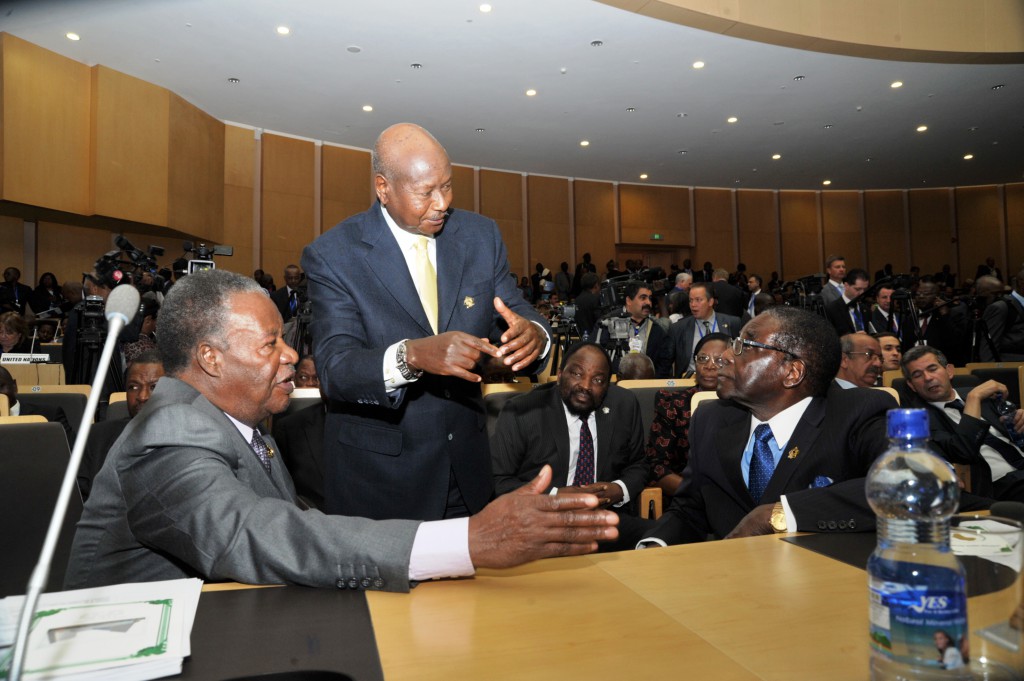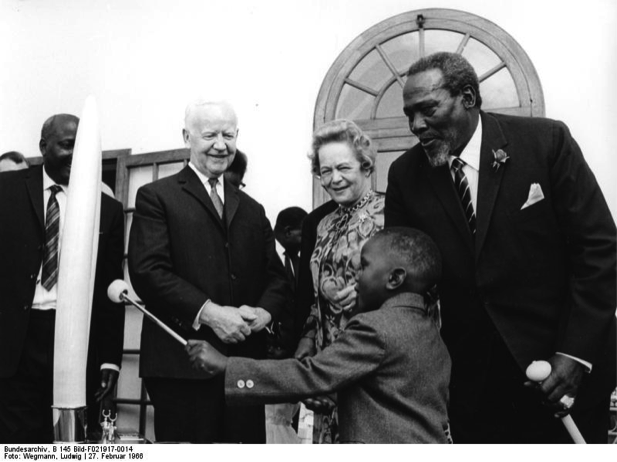By: Tia Ayele
In March 2011, the current President of Kenya, Uhuru Kenyatta, was indicted by the International Criminal Court (ICC) on charges of crimes against humanity for his alleged role in the violence that followed the 2007 election disputes. Since the indictment, President Kenyatta has vehemently derided the ICC, most recently lashing out with phrases such as “race-hunts” to describe the process in which the international court selects its trials. The defamation did not end there; in a special African Union (AU) Summit held in Addis Ababa last week, President Kenyatta exhorted African leaders to withdraw from the ICC altogether. What appeared to be the most shocking though was the reaction of fellow heads of state, the majority of whom shared just as fervently Kenyatta’s vilification of the international court.
Several African state parties accused the court of singling out Africans and of being biased in selecting its trials. Some leaders even questioned the very raison d’etre of the ICC, claiming that it had not fulfilled its purpose in Africa. President Kenyatta went as far to describe the ICC as a “toy of western imperialism” that has attempted to manipulate African states. Moreover, overwhelming resentment was expressed over the ICC’s decision to indict elected leaders in general, as it directly threatened AU leaders and undermined the majority voice of the African people that elected them.
Although analogizing the ICC to neo-colonialism might have been a stretch, underneath this political finger pointing lie cogent arguments. First, indicting standing leaders could in fact be problematic, as it would disrupt the political cohesion and stability of a state. This argument is especially relevant to the Kenyatta case in the wake of a terrorist attack in Nairobi that left at least 67 dead. In cases such as these, indicting a standing leader would mean threatening the security of an already fragile state. Because of the nature of conflict spill-overs, stability would then be threatened across national lines and would become a regional security problem.
Second, the claim that the ICC singles out African countries holds true as well. As it currently stands, all eight of the cases investigated at the ICC are in Africa. This is because the decision of “who to indict” is heavily based on a pragmatic assessment of feasibility: the ICC will not take on a case that it thinks that it will not win. Thus, indictments of major powers are eschewed. Even so, this rationale doesn’t warrant a discernible lack of objectivity on the part of the ICC and its bias with Africa.
Despite the issues grappled at the AU summit, the state parties could not muster unanimous agreement to boycott the ICC. However, the AU ruled that sitting heads of state or government should be immune from ICC indictments while in office, and consequently requested that the court defer Kenyatta’s trials until after his presidential term. This ruling then begs the question of whether ICC immunity will translate into impunity down the road. If there are no consequences for standing leaders, how will they be held accountable for their crimes? Archbishop Desmond Tutu pronounced these very concerns, condemning the push for possible immunity of African leaders. The Archbishop equated it with a “get out of jail free card,” and emphasized the need for accountability.
Conclusively, it is critical that the adversarial ties between the AU and the ICC be mended, not severed. “Ending the culture of impunity,” the ICC’s championed mission, requires a certain level of appeasement of the African Union. The AU is the bastion of African solidarity, an institution that necessitates ICC’s legitimacy in Africa. Much is still left to query, particularly in assessing whether appeasement abets the impunity of corrupt leaders. Further discourse between international bodies must occur to reconcile these concerns. However, one thing is for certain, without the support of the AU, achieving criminal justice in the African continent is highly unlikely.


